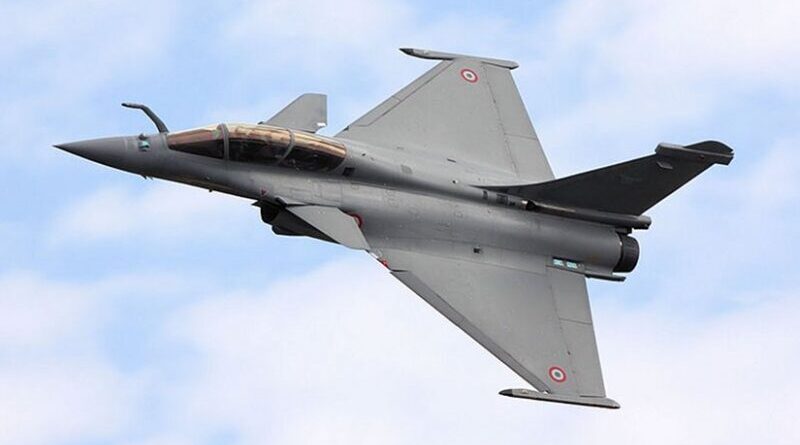Croatia Selects French Fighter Jets To Upgrade Airforce
By Anja Vladisavljevic
Croatia will procure 12 used French F3R Rafale fighter jets to modernise the country’s airforce, Prime Minister Andrej Plenkovic announced on Friday.
“This is the largest investment in the Croatian Armed Forces, the largest investment in ensuring lasting peace and the security of Croatian citizens,” the Prime Minister said referencing the price of 999 million euros.
Plenkovic said the date of the announcement was appropriate, as Croatia was marking Armed Forces Day and the 30th anniversary of the formation of its own armed forces, which played a crucial role in the 1991-95 Independence war.
In the tender to purchase a new generation of fighter jets, besides the selected French jets, a new US F-16 Block 70, a new Swedish JAS-39 Gripen, and a used Israeli F-16 Barak also competed.
Plenkovic said the French offer was preferred because “for the least money, Croatia gets the best rated and equipped plane”.
Croatia expects the planes early in 2024, and, according to Plenkovic, the price of 999 million euros includes everything: “Planes, simulators, equipment, and the training of our pilots who will stay in France for a couple of years.” He accused previous governments of having “failed to make decisions that would further strengthen the Croatian Air Force”.
Croatia joined NATO in 2009.
This was the second time the country tried to procure multi-purpose fighter jets. A planned purchase of 12 F-16s from Israel collapsed in 2019, with media reports blaming US interference.
The US embassy in Zagreb backs this buy. It wrote on Twitter that the US “supports Croatia’s selection of next-generation fighter aircraft”, adding: “Aircraft interoperability will make a strong NATO ally even stronger.”

